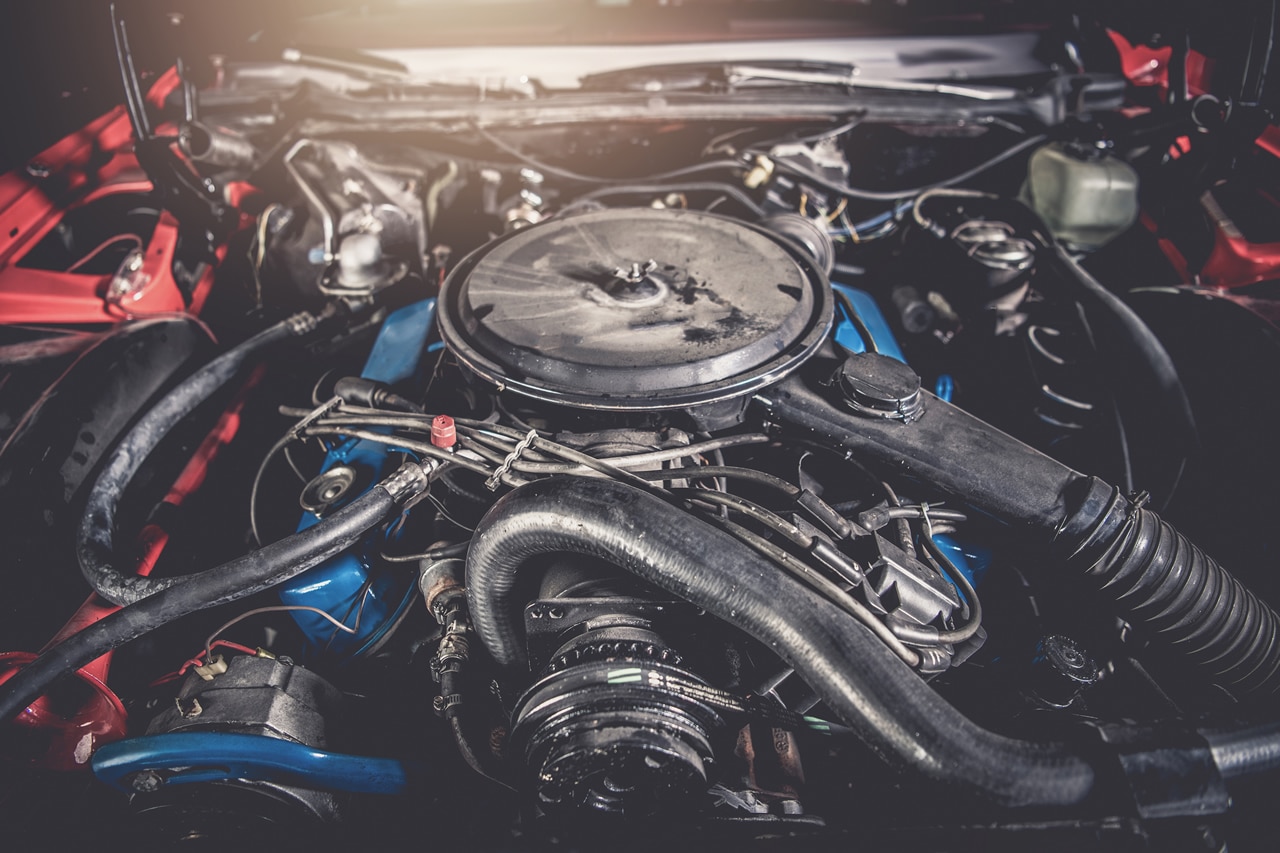What is an Engine Misfire?
A car engine misfire is an event that occurs when one or more of the engine’s cylinders fail to ignite the air/fuel mixture during the combustion cycle1. This can lead to a variety of engine performance issues and can even lead to serious engine damage if left untreated1.
For complete cylinder combustion to occur, the engine needs three important things: the correct air/fuel mixture, compression, and spark1. If any of these are missing or incorrect, the cylinder combustion will not be done correctly, and no power will be created1.
The engine control module monitors the crankshaft rotation speed with the crankshaft position sensor, and if the speed does not increase slightly on a cylinder after the combustion, it means that the engine is misfiring, and a trouble code will be stored1.
Causes of a Car Engine Misfire
The most common causes of engine misfires are bad ignition coils or failed spark plugs. It can also be caused by fuel-related issues such as a faulty fuel injector or a bad fuel pump1. In rare cases, it can also happen because of low engine compression1.
Bad Ignition Coil
The most common cause of an engine misfire is a bad or failing ignition coil1. Some vehicles have a separate ignition coil on every spark plug, while some cars have one coil pack with an ignition wire to each spark plug1. Older cars use a distributor to distribute the spark to all the spark plugs, which are powered by an ignition coil1. If either the distributor or the ignition coil creates a weak spark, it can cause misfires1.
Failed Spark Plug
The second most common cause of a misfiring engine is bad or failing spark plugs1.
Symptoms of an Engine Misfire
The main symptoms of an engine misfire include rough acceleration, rough idle, vibrations, check engine light, and changed engine sound1.
How to Fix an Engine Misfire
To determine the cause of the misfire, you might have to try a few different methods before you find your answer2. But once you identify the problem, the solutions are usually very simple2.
Low or inconsistent fuel pressure is a common cause of engine misfires2. Test your fuel system to determine if this is affecting your vehicle2. A broken vacuum line is another common culprit for engine misfires2. Look around the engine bay for any severed or damaged rubber lines that need sealing2. A spark plug that looks black or carbon fouled at the end means the engine was running rich (too much fuel) and may be the cause of your misfire2.
Fixing a misfire can be dangerous or require in-depth repairs, so you might need a professional2. Still, if you identify the issue before going into the shop, you’ll save money2.
Final Thoughts
Engine misfires can cause a variety of problems, from reduced fuel efficiency to complete engine failure1. Therefore, it’s important to determine the cause as soon as possible and fix it. With the right knowledge and tools, you can diagnose and fix an engine misfire yourself.


